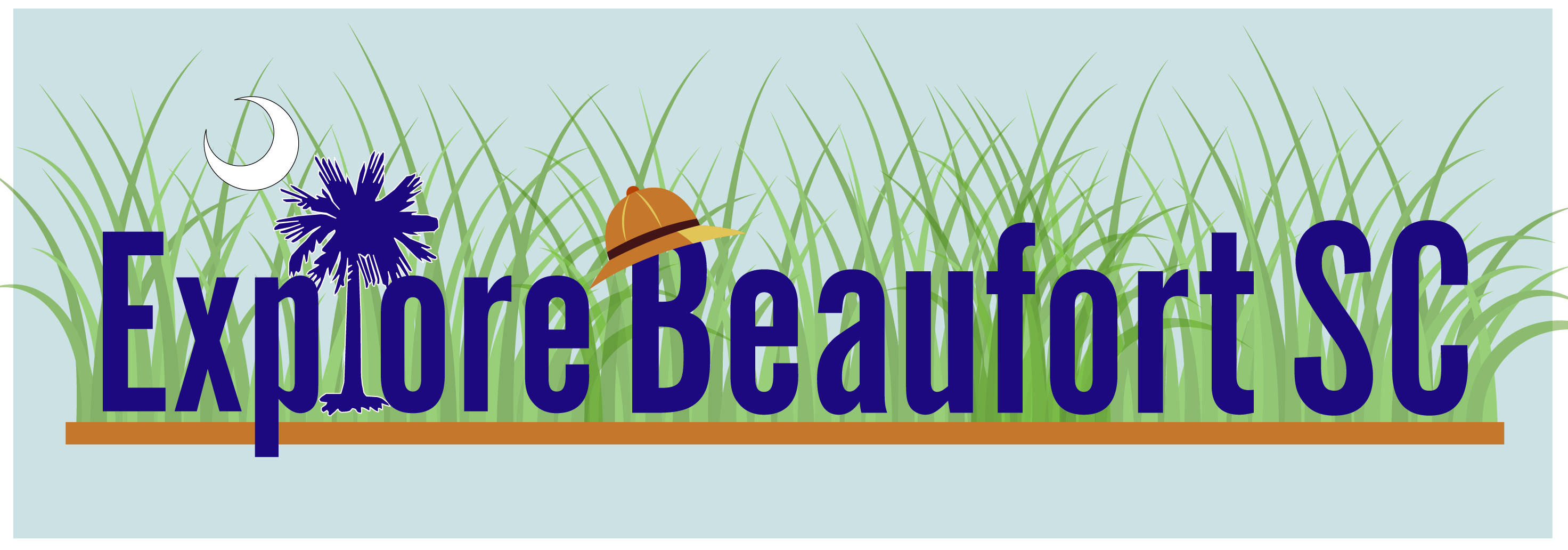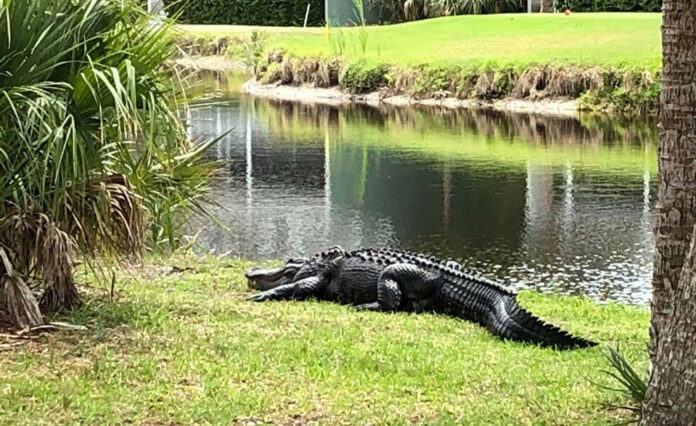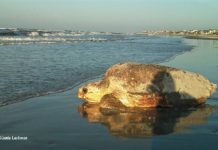As spring approaches and our alligator population starts to become more active throughout Beaufort and the sea islands, let’s take a look at some alligator safety tips to make sure you stay safe around the water.
We’re already seeing them on the move in the area. Little ones, big ones, and all the in-between ones. Being safe means keeping a careful eye out on your surroundings.
South Carolina has seen its share of alligator attacks on humans and pets. In fact, there have been a total of 6 alligator related deaths in South Carolina’s modern history, all in the last 9 years.
Nearly any water body in the coastal plain of South Carolina may contain alligators, and the mere presence of alligators in or adjacent to their natural habitat in South Carolina is a normal occurrence and not normally an emergency requiring the animal’s removal, according to SCDNR biologists. Alligators, since they are reptiles, become more active as the weather warms.
Also, alligators less than 4 feet are typically not large enough to be dangerous to people unless handled. Never approach an alligator of any size, keep your distance and leave them alone!
In addition, keep these safety tips in mind:
–Never feed alligators. Not only is it illegal in South Carolina to feed alligators, but it also teaches them to associate people with food. This can cause alligators to lose their natural fear of humans…and we certainly don’t want that to happen! In many cases, fed alligators will begin to approach at the sight of people and may become aggressive in seeking a handout. Also, don’t dispose of fish scraps or crab bait in the water at boat ramps, docks, swimming or camping areas. You can inadvertently be feeding alligators. If you see someone feeding alligators, contact the S.C. Department of Natural Resources at 1-800-922-5431.
-Don’t walk your dog around a pond or other body of water. Reports from the July 4th incident say that the attack victim was walking her dog around a lagoon in the Spanish Wells community. That’s where gators live, hide, hunt and mate. Please avoid these areas.
–Avoid swimming or playing in areas known to harbor alligators. As the size of an alligator increases, so does the size of prey that it can consume. Alligators normally are more active during the night and can mistake splashing noises for prey. Only swim in areas designated for swimming. Higher levels of human activity found in designated swimming areas typically make alligators keep their distance. Other potential dangers include steep drop-offs, stumps, rocks, and other underwater obstructions that you may not be able to see if the location is not a designated swimming area. Also, never swim alone, not just because of alligators, but also as a normal safety measure.
–Keep pets out of the water if alligators are present. Pets are more vulnerable due to their smaller size and resemblance to alligators’ typical prey. Keep leashed pets away from the edge of the water, but if an alligator grabs your pet, let go of the leash.
–Don’t approach an alligator, keep your distance and leave them alone. Alligators can move in quick bursts over short distances but normally do not try to run after people. If an alligator hisses, it’s a warning that you are too close.
If an alligator is in a place where it cannot reasonably be expected to get back to the water without posing a risk to itself or to others, or is in a location that presents an immediate hazard, such as a road, school, pool, parking lot, etc., contact SCDNR at 1-800-922-5431. Never attempt to capture or move an alligator by yourself.











